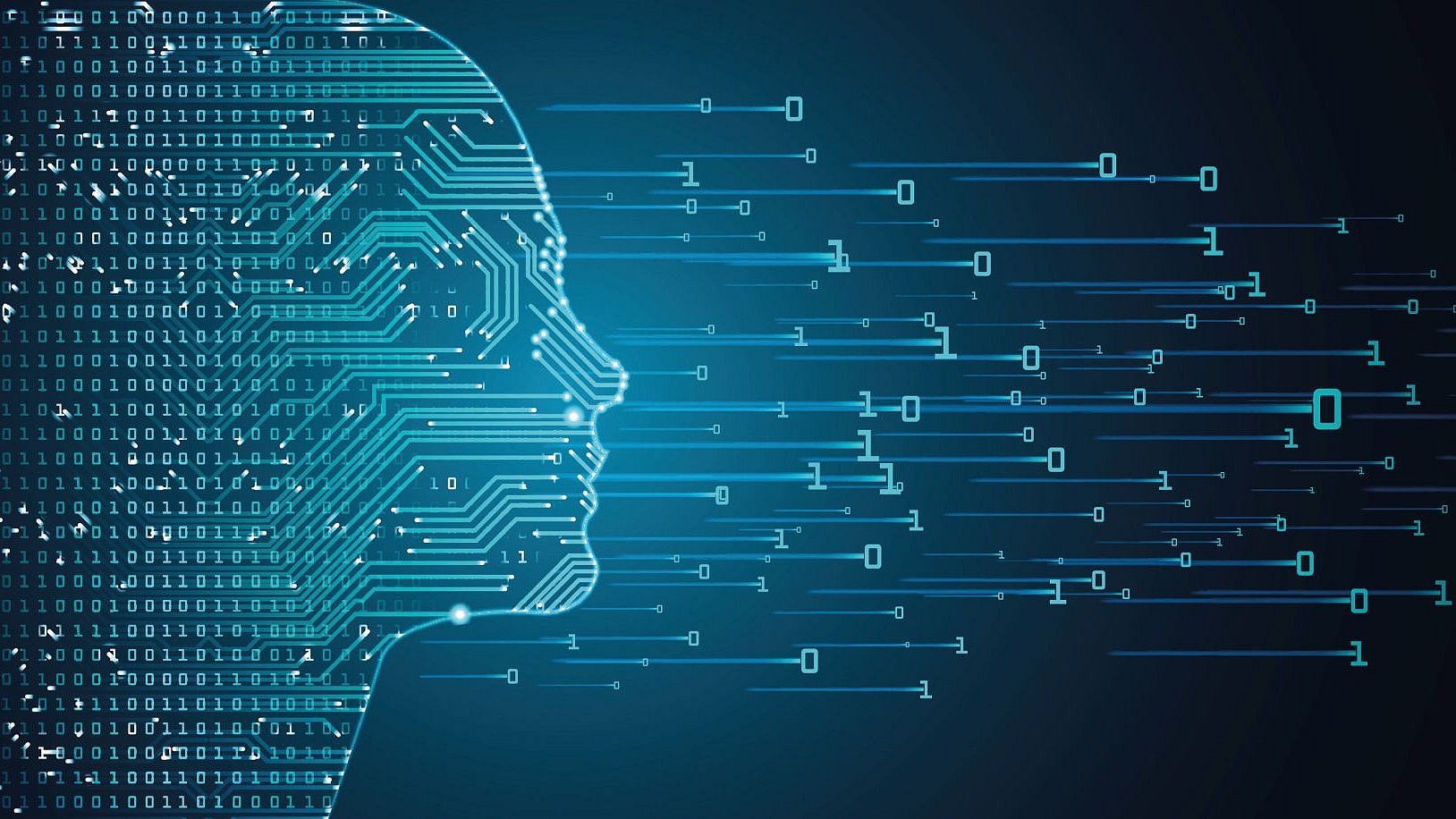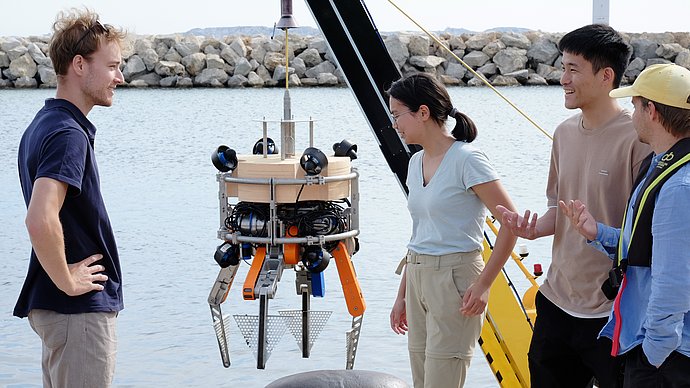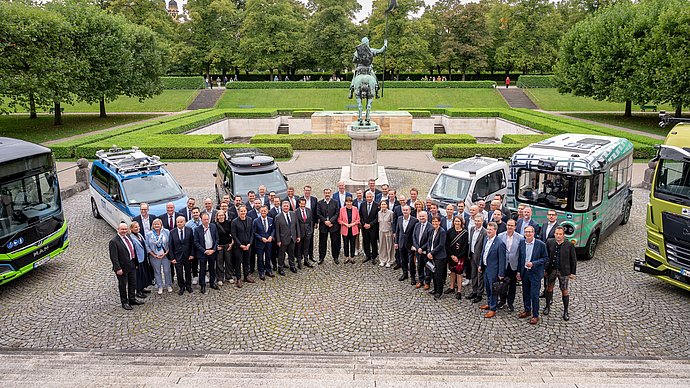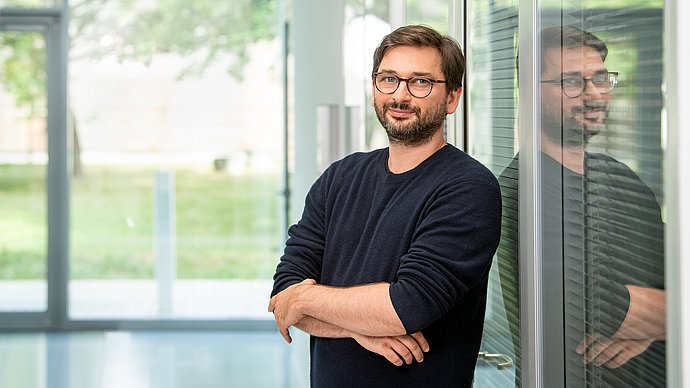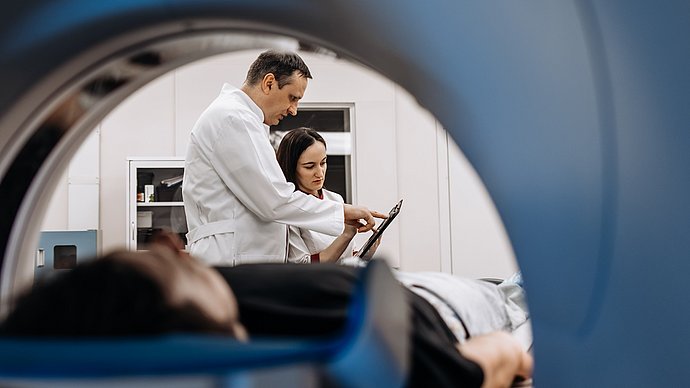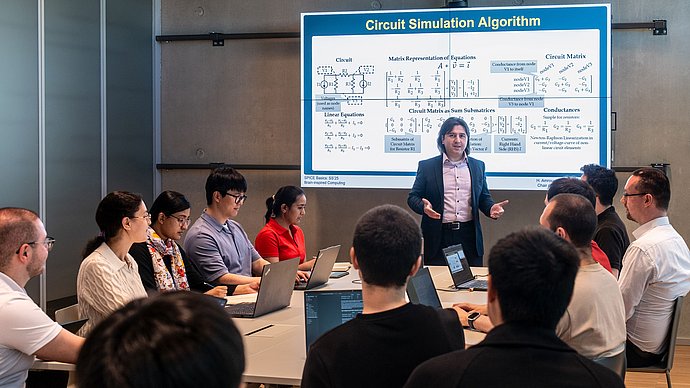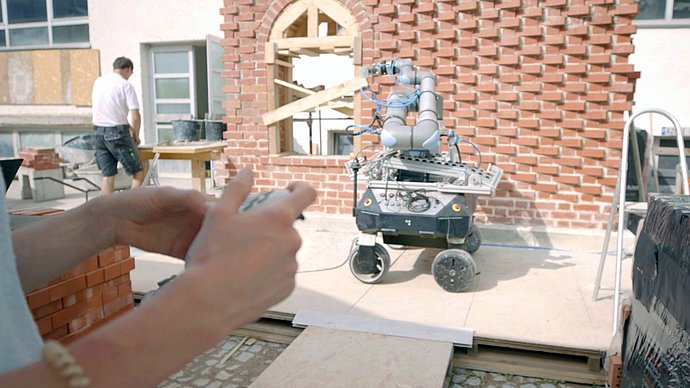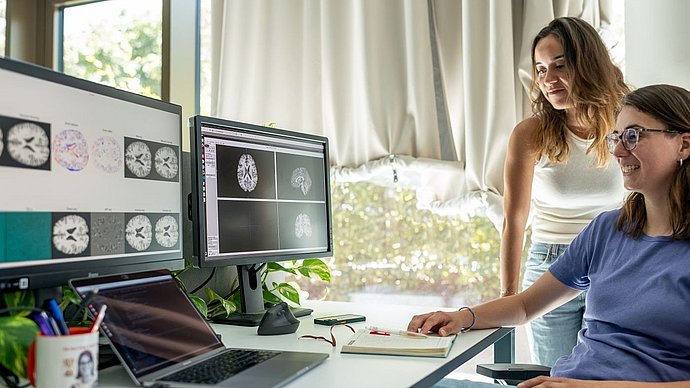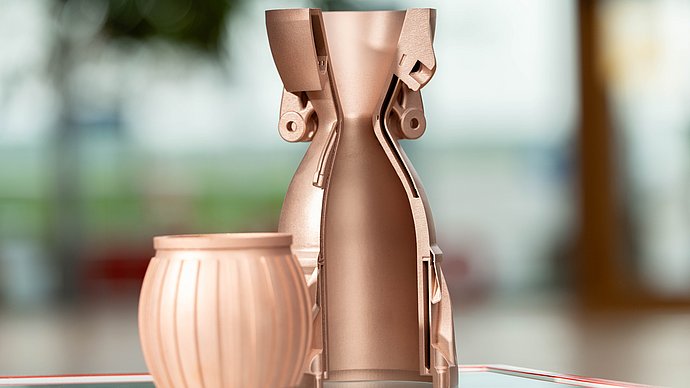Artificial Intelligence (AI)
At TUM, we are investigating and developing intelligent systems, while keeping an eye on our responsibility for people and society at all times. Find out what's new in the fields of AI, robotics, machine learning and data science.
Artificial Intelligence
AI applications are profoundly changing the world of work, research and everyday life. We are helping to shape this technological progress: in research, in studies and teaching and in the field of entrepreneurship. This includes new methods and applications of AI, subject-specific degree programs, new teaching and learning methods and cooperation with industry.
Technical University of Munich
Corporate Communications Center
Arcisstr. 21
D-80333 Munich
Tel. +49 89 289 22778
presse@tum.de
